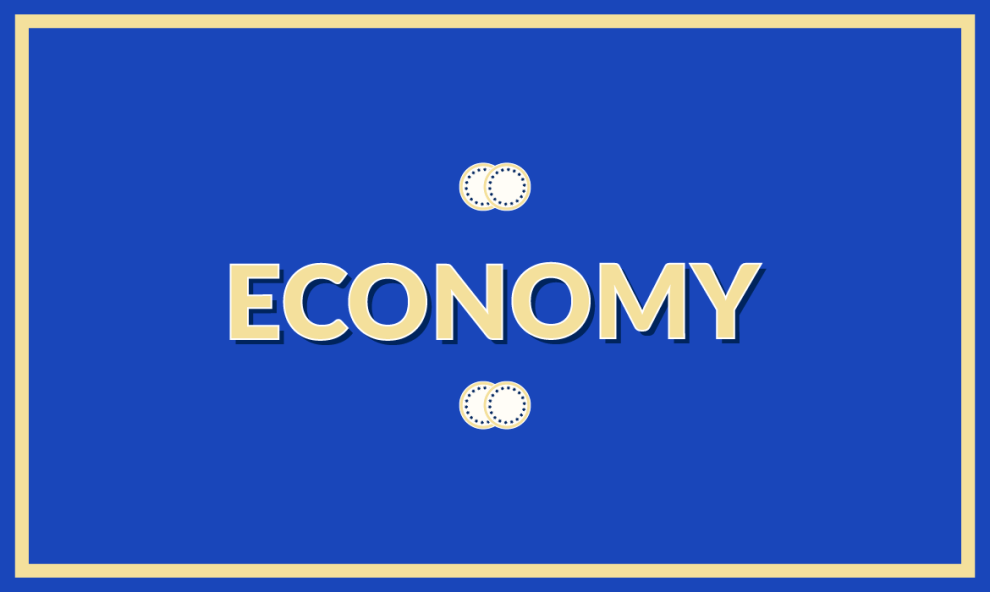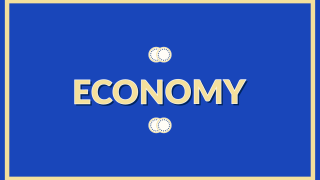The economic crisis of the last few years could hardly have arrived at a more ominous time for the old international order. The institutions, practices, and power relations that arose with the end of the Second World War and the agreements signed in Bretton Woods placed the U.S. at the center of the world and of the institutions that would norm the functioning of the markets, trade, and financial transactions at the heart of international interaction. Sixty years later, things look quite distinct. China has become a formidable international actor, the economy of the so-called emerging countries has taken on unusual importance, and the majority of developed countries are in crisis. The old pyramid has been inverted, changing the political reality.
Ian Bremmer, the author of The End of the Market, a somewhat exaggerated title given the book’s content, says that the great change originated in the new correlation of strengths among the nations of the orb, but responded more than anything else to what the author denominates “state capitalism”. According to Bremmer, a group of countries, the majority with authoritarian or autocratic governments, has distanced itself from the rules of the market in the last several decades thanks essentially to active promotion of their legal enterprises, discriminatory game rules, and sovereign investment funds. With these instruments, they have been able to upset the institutions that modulated commercial and investment relations from the fifties on and that presently threaten the functioning of the existing economic order. Some of these nations, notably China, have distinguished themselves by the manner in which they have led their economies and achieved high economic growth rates, while others have come into power due to the possession of ample oil fields, above all in Russia and Saudi Arabia. The author includes nations as diverse as Egypt, Brazil, India, and Ukraine, and Algeria in his argumentation, throughout which he attempts to prove that the market has worked very well and that the international order runs the risk of coming to a standstill in the coming years.
The real thesis of the book is that the balance of power at the international level has changed, that the U.S. no longer represents the power of days gone by, and that other nations, particularly China, feel that they have the same right to define the form in which economic activity should be adminstered. That is, that the old hegemony has fallen and that the values that the U.S. drove in terms of market economy and democracy have lost legitimacy. The thesis is not novel, but does not cease to be relevant for this reason.
If one analyzes the argument at length, the truth is that the contraposition of stances is interesting but not always accurate. The efficient operation of an economy is not easy to achieve. To create institutions and game rules for a market economy requires not only conviction, but also a government capable of making these work, and this, as we have observed in Mexico over the past years, does not always occur. In addition to this, democracy, altogether necessary in a market economy, as such requires institutions and incentives that make it operate. In the absence of these, it is impossible to expect that it would function thus and that the political actors would behave according to its rules.
In addition to this, many nations have not even assumed the role of constructing a market economy or a democratic political system. It has been difficult for the group of nations cited by the author to distinguish themselves by their attempts to build a functional democracy and, when they tried, as in the case of Russia, the experiment lasted only a few years. It is in these terms that the true thesis of the book comes to be relevant because it entails lessons and consequences that we must not disregard.
What is exceptional concerning the ascent of nations such as China in the international concert does not lie in the fact itself, but inasmuch as the history of the world has been characterized by power transitions time and time again. China’s rise is interesting because it is an enormous nation with a centralized government and with strategic vision that not only is capable of derailing the international power balance, but also, the very way in which the planet operates in ambits ranging from the economic to lifestyle. Other nations that are similarly large, or more so, such as India, will perhaps end up having a lesser impact because they are characterized by a more diffuse internal power structure, independently of whether they have the possibility of being much richer in the last analysis. In addition, the great theme is less who ascends and who descends than how interaction plays out among the most powerful nations.
China and the U.S. have had many years of cooperation, but during recent times, seem to have advanced on a collision course. When one listens to the Chinese officials, the message, loud and clear, is that they do not seek a collision, but rather, a more equitable route to defining the main themes that afflict and characterize the world. China, a proud nation that feels it is in the right, sees no reason for having to submit to the game rules established by the U.S. as the dominant power sixty years thence, or for its internal, economic, and political evolution having to resemble what the Western world has fancied.
For decades, from the time that China reincorporated itself into the world and launched its economic opening, the presumption of the U.S. was that economic growth would lead to demands for political participation, which in turn would transform China into a democracy. This scenario may continue to be possible, but as of today, there is no doubt that the centralized political system whose functioning derives from the Communist Party retains the political power. To date, China has achieved this to a great degree due to its obsession for maintaining high levels of economic growth and its disposition to change whatever is necessary, to reform any structure or institution, with the objective of achieving growth. This strategy, in dramatic contrast with that of our Mexican politicians and governing class, has kept the population of China satisfied.
The current power equilibrium in China and between China and the rest of the world will depend in good measure on how the U.S. negotiates with and appeases, or confronts and threatens, the Chinese government. Whichever the form, what is not subject to doubt is that, as Napoleon said, once the Asian giant awoke, everything would be different.
Power vs. Process






Comments